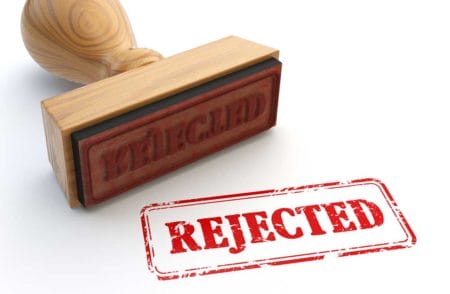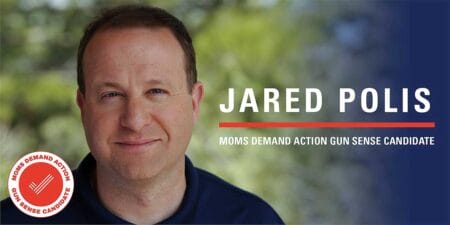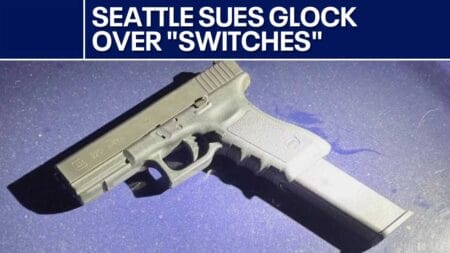
USA –-(Ammoland.com)- Bateman v. Perdue (E.D.N.C. Mar. 29, 2012) involves a North Carolina law that bans “transport[ing] or possess[ing] off [one’s] own premises any dangerous weapon” when a state of emergency has been declared.
“Due to natural disasters and severe weather, states of emergency are declared with some frequency in North Carolina.
In 2010, for example, the Governor … issued four statewide emergency declarations and one declaration covering a fifteen-county area ….” There were also at least six local states of emergency declared. All five of these 2010 states of emergency were in response to weather conditions, and the frequency of such declarations may stem from the fact that “[a] state of emergency must be declared in order to qualify for federal disaster assistance.”
The court concluded that:
- The right to keep and bear arms extends to carrying outside one’s property, for self-defense, and for other reasons. The law interferes with the exercise of this right.
- The law also interferes with the exercise of people’s right to defend themselves in their homes, because it bars people from buying weapons and them transporting them to their homes.
- The law must therefore be considered under strict scrutiny, because it isn’t just limited to high-risk gun possessors, to particular kinds of guns, or particular manners or times of carrying guns, and because it interferes with getting guns even for home defense (though, as I noted, the court also concluded that carrying guns for defense outside the home is also generally constitutionally protected).
- The law fails strict scrutiny because they “excessively intrude upon plaintiffs’ Second Amendment rights by effectively banning them … from engaging in conduct that is at the very core of the Second Amendment at a time when the need for self-defense may be at its very greatest” and therefore aren’t narrowly tailored to serve the government’s compelling interest in public safety.
Note that, as is often the case, the application of “strict scrutiny” can be quite rights-protective or not depending on what one understands “narrow tailoring” to mean. If narrow tailoring requires some plausible reason to believe that the law will on balance help prevent crime and injury, then that requirement will very often be satisfied. If it requires social science proof that the law will on balance help prevent crime and injury, then that requirement will rarely be satisfied, especially in situations such as this: There will rarely be solid studies of the effects of this particular kind of law.
And if, as here, “narrow tailoring” requires that the law not “excessively intrude” on rights, then that might be something like a rule of per se invalidation (at least as to very heavy burdens on the right): The premise of such an approach is that, regardless of whether the restrictions will reduce crime and injury, it is still unconstitutional if it interferes with the core of the right since the constitutional recognition of the right expresses a judgment that the right must be protected despite the threat it may pose to compelling government interests. For more on all this, check out my Implementing the Right to Keep and Bear Arms for Self-Defense: An Analytical Framework and a Research Agenda, 56 UCLA L. Rev. 1443 (2009).
Congratulations to Alan Gura, the lawyer who won Heller and McDonald, on his victory in this case.
About Eugene Volokh
Eugene Volokh is a law professor at UCLA, who specializes in free speech, religious freedom, church-state relations, and gun rights; he is the author of two textbooks, over 70 academic articles, and over 80 op-eds, and is the founder of The Volokh Conspiracy blog.






